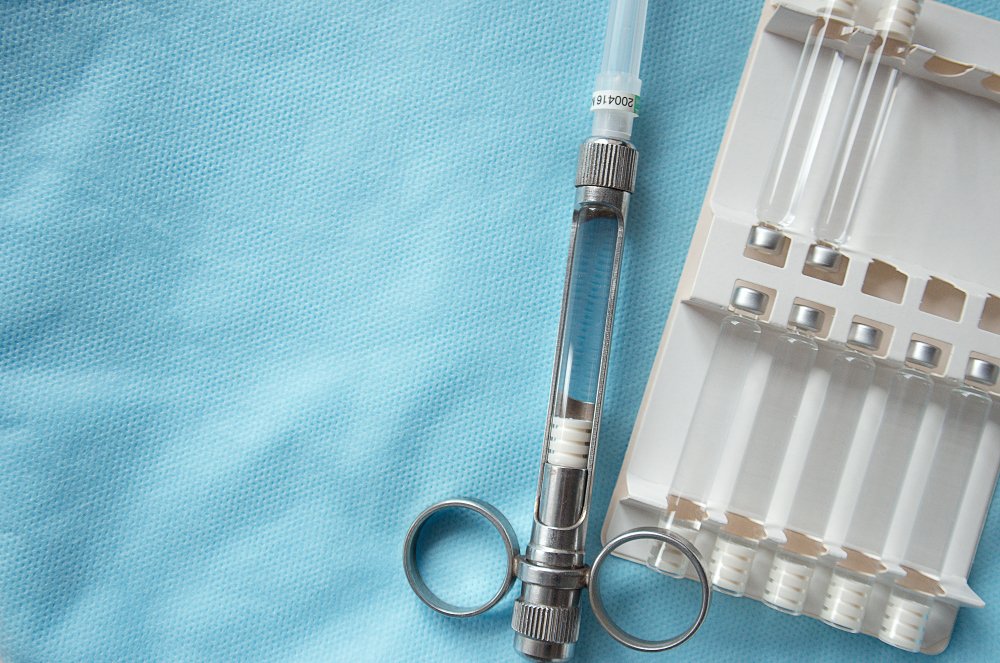Oral pathology encompasses diseases that can manifest within the mouth, salivary glands, or jaws. Regular dental check-ups are essential for maintaining oral health and facilitating early detection of any abnormalities or changes. While most alterations in the oral cavity may not be severe, it’s crucial to have them assessed promptly by an oral surgeon. Delayed diagnosis can heighten the risk of complications, necessitating more extensive treatment.
An oral and maxillofacial surgeon is the most qualified professional to diagnose and manage oral pathologies and oral cancer. At Oral Surgery Specialists of New York, our surgeons conduct comprehensive examinations and devise tailored treatment plans for each patient.


Common Signs of Oral Pathology
The mucous membranes lining the inside of the mouth should appear smooth and range in color from red to pink when healthy. Regular self-examinations, conducted monthly, aid in identifying any changes or abnormalities in and around the mouth. Pay attention to the lining of the mouth, palate, and sublingual area to familiarize yourself with its normal appearance.
Key signs and symptoms suggestive of a pathological process in the oral region include:
- Reddish or whitish patches in the mouth
- Non-healing sores prone to bleeding
- Development of lumps or bumps on the oral mucosa
- Persistent oral or facial pain
- Hoarseness or chronic sore throat
- Difficulty in chewing or swallowing
Should you notice any of these changes, it’s advisable to schedule an appointment with an oral and maxillofacial surgeon, such as those at Oral Surgery Specialists of New York.
Types of Anesthesia
Our practice offers a range of anesthesia and sedation options:
Treatment for Oral Disease and Oral Cancer
Our surgeons have extensive knowledge in diagnosing and treating various forms of oral pathology. During your initial consultation, a comprehensive oral examination will be conducted, supplemented by 3D scans to obtain detailed images of your mouth and facial structures.
To ascertain whether the pathological process is malignant or benign, a biopsy may be performed by your oral surgeon. This involves testing the tissue sample to formulate a treatment plan based on the findings. Biopsies are typically performed under local anesthesia to numb the biopsy site, although additional anesthesia and sedation options are available to ensure patient comfort.
Treatment for oral cancer may involve chemotherapy, radiation therapy, or surgical interventions to excise the affected area. Our surgeons excel in reconstructive procedures and will thoroughly evaluate your condition before recommending any treatment approach. Adopting a healthy lifestyle, including abstaining from tobacco products, moderating alcohol consumption, practicing good oral hygiene, and maintaining overall well-being, can significantly reduce the risk of oral cancer.


